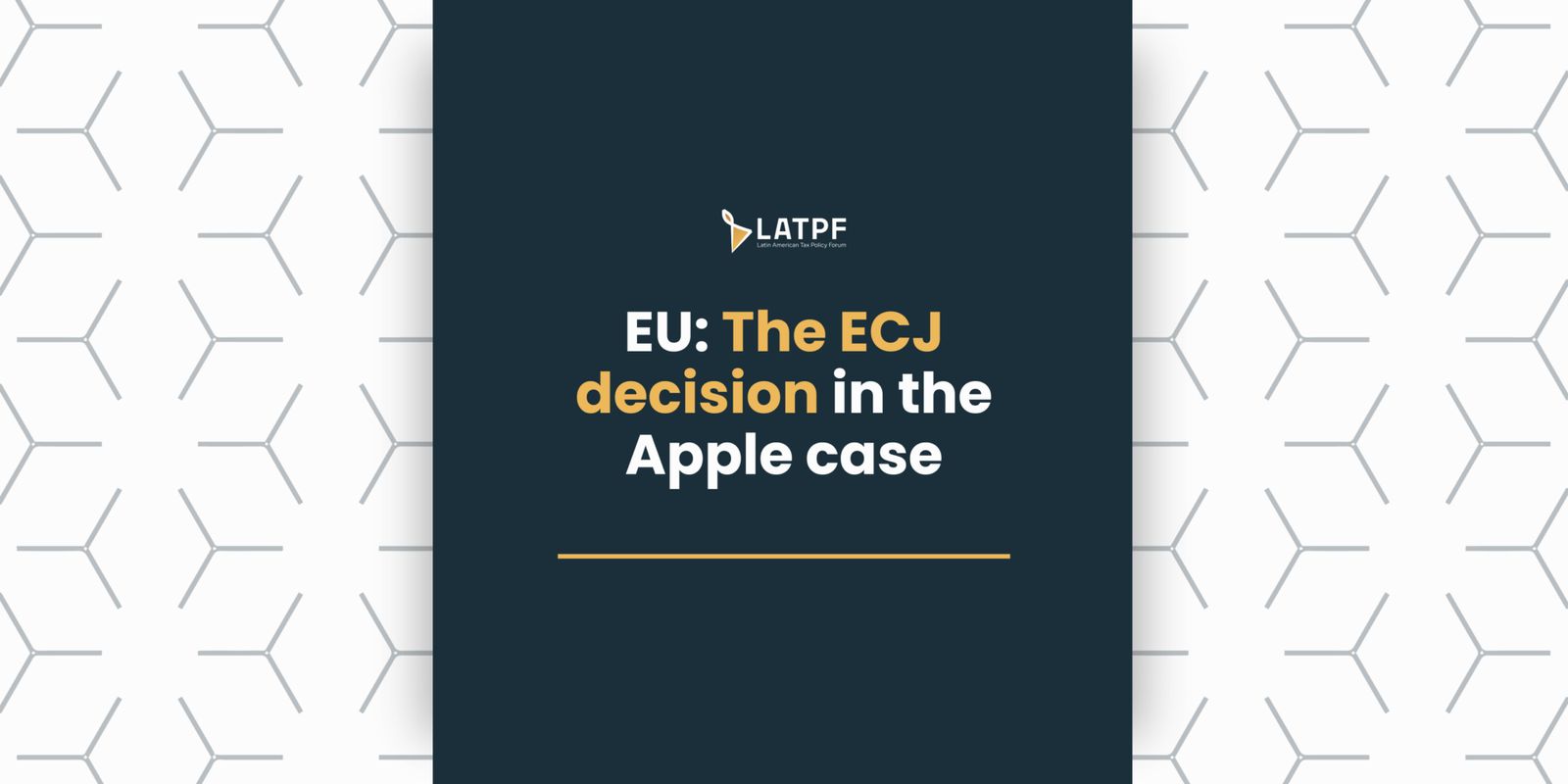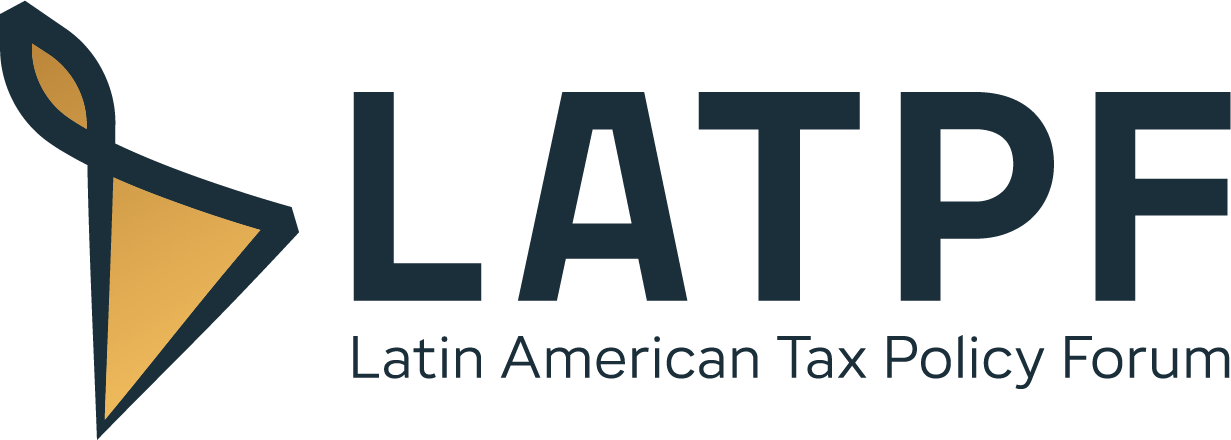🌍 In what is likely the most surprising court decision of 2024, the Tribunal de Justiça da União Europeia has just released their judgment on the famous Apple case – the ECJ sets aside the General Court’s ruling and agrees with the European Commission that Ireland granted unlawful State Aid to Apple from 1991 to 2014. The judgment is final and Apple will be required to pay taxes in the amount of EUR 13 billion to the Irish government.
You can find the full decision available here: https://bit.ly/4gkMQco 💡 It is as much an assessment of EU State Aid rules as it is of the impact of US tax policy on the EU. It is also a symptom of a trend that has taken hold of international tax policy and law in the last decade, which is the notion that the international community must ensure that a certain amount of tax is paid to someone, somewhere in the world – whether the jurisdiction charging the tax is in the best, most defensible position to do so, is becoming something of a technicality. You can find evidence of this tendency in Pillar Two (particularly with the UTPR, though it has found mixed reception in implementing countries to date).
As stated by Aitor Navarro in a recent post (which also refers to an upcoming article that he has co-authored with Hugo López and will be published in the Common Market Law Review): “Apple was supposed to win its case before the [ECJ] but it didn’t. […] Apple was supposed to win the case due to a wrongly built reference framework to identify illegal state aid. The ECJ repeatedly stated in previous decisions (Fiat, Amazon) that to derive an arm’s length standard from Article 107 TFEU itself (the provision prohibiting State aid in the EU) is contrary to law. In the Apple decision, that argument did not play a role because neither Ireland nor Apple raised it before the ECJ (para. 276).” Navarro’s post is available here: https://bit.ly/47BU0oN ✅


